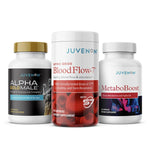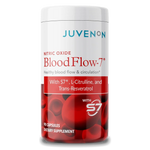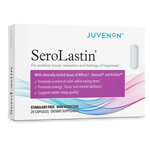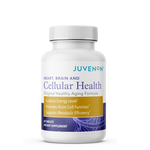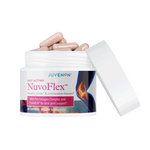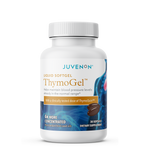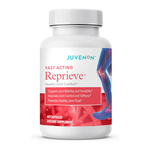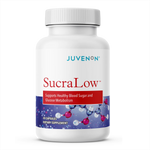 Resveratrol (RSV) belongs to a group of polyphenols detected naturally in more than 70 plants. This substance acts against pathogens like fungi and bacteria. It has been linked with anti-aging properties and many believe it can help with heart disease, diabetes, Alzheimer’s, certain types of cancer and many other illnesses.
Resveratrol (RSV) belongs to a group of polyphenols detected naturally in more than 70 plants. This substance acts against pathogens like fungi and bacteria. It has been linked with anti-aging properties and many believe it can help with heart disease, diabetes, Alzheimer’s, certain types of cancer and many other illnesses.
Some of the more common sources of resveratrol include:
- The skin of red grapes
- Peanuts
- Blueberries
- Raspberries
- Mulberries
An excellent and enjoyable way to get resveratrol is by drinking red wine. Many red wines contain naturally occurring tannin, which is a polyphenol found in wood, fruit skins, seeds, plants, bark and leaves. It’s important to get the right type of red wine and drink a glass each day. For those who don’t want to make a habit of drinking wine daily, there are resveratrol supplements available.
Resveratrol is an antioxidant. Everyone now knows about the benefits of antioxidants. They protect our bodies against cancer, heart disease and other serious illnesses. Some research points to the fact that RSV can protect humans from conditions associated with aging. Experts agree that resveratrol may be able to help with weight loss and even provide anti-aging benefits.
How Resveratrol Helps
Though research is ongoing, resveratrol may be able to increase the life span of human beings. There are a number of studies underway into its benefits ranging from reducing bad cholesterol to preventing insulin resistance. More information about those topics will be discussed below.
Cancer: Resveratrol was shown in some studies to reduce TCDD-induced, AhR-mediated CYP1A1 manifestation in gastric cancer cells. It is believed that this supplement can modulate the expression and activity of some cytochrome P450 enzymes. This would limit the activation of pro-carcinogens and help prevent cancer.
Alzheimer’s disease: Some research points to the fact that resveratrol can assist in reducing inflammation. It may also be able to lower LDL or “bad” cholesterol. This would make it effective in preventing blood clots that can lead to a heart attack or stroke.
Diabetes: Resveratrol helps prevent insulin resistance, which can lead to diabetes. With this condition, the body becomes less sensitive to the hormone insulin. One group of patients experienced a decrease in aortic stiffness when taking 300-milligrams a day of resveratrol.
Dr. Naomi M. Hamburg, commented on the results of the study, saying, “This adds to emerging evidence that there may be interventions that may reverse the blood vessel abnormalities that occur with aging and are more pronounced in people with type 2 diabetes and obesity.”
Anti-Aging: Some research indicates that resveratrol activates the SIRT1 gene, thereby protecting the body against the diseases of aging. Resveratrol stimulates cellular proteins known as sirtuins. These are known to promote longer cell life in the body.
Obesity: Obesity has become a worldwide problem with no solution. However, dietary polyphenolic compounds, such as resveratrol, have been shown to exert anti-obesity effects in human and animal studies. It is thought that RSV can suppress lipogenesis, inhibit adipogenesis, promote apoptosis, stimulate lipolysis, and increase fatty acid oxidation and thermogenesis. Some trials have shown good results where RSV transforms white adipose tissue to brown fat.
What Are the Side Effects of Taking Resveratrol?
Many studies have been performed in this area to determine if there are harmful side effects of taking this supplement. To date, none have been discovered. Even when taken in larger doses, resveratrol is not known to be harmful. However, it may interact with other drugs that some people take. That’s why it’s important to consult your doctor before beginning to take resveratrol. It may interfere with drugs like warfarin or blood thinners. It could also interact with over-the-counter medications like ibuprofen and aspirin.
The Bottom Line
Though the research is inconclusive in some areas regarding the usage of resveratrol to prevent cancer and Alzheimer’s, the experts agree that it is not harmful to take. Of course, results will vary from one individual to the next, but users have posted positive reviews. This is a supplement offering a number of huge benefits with practically no risks.

